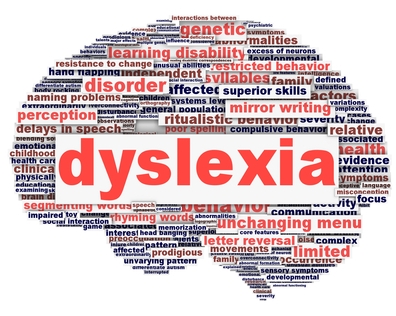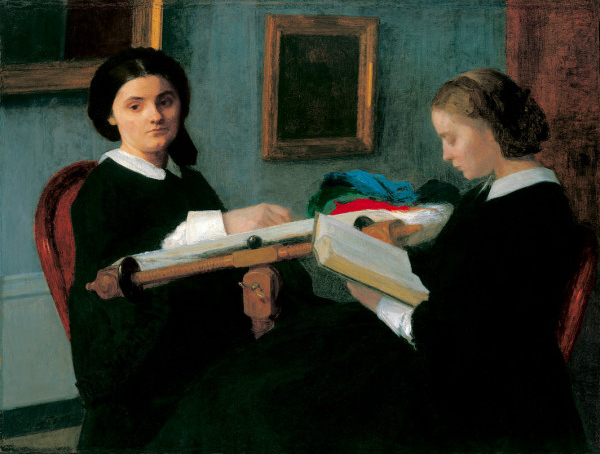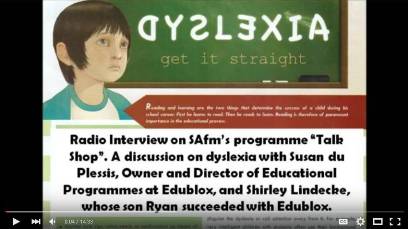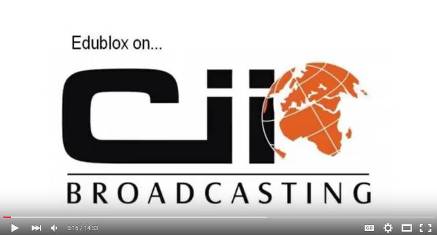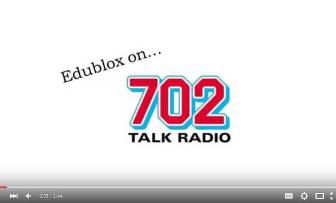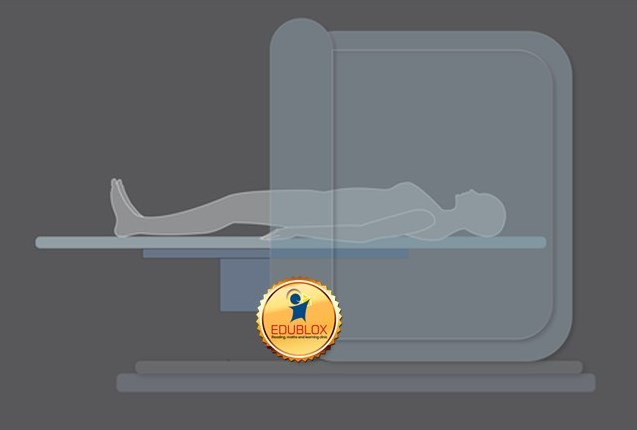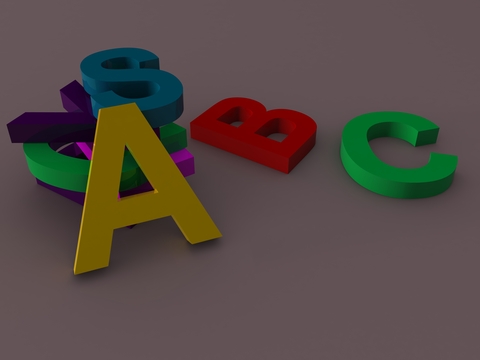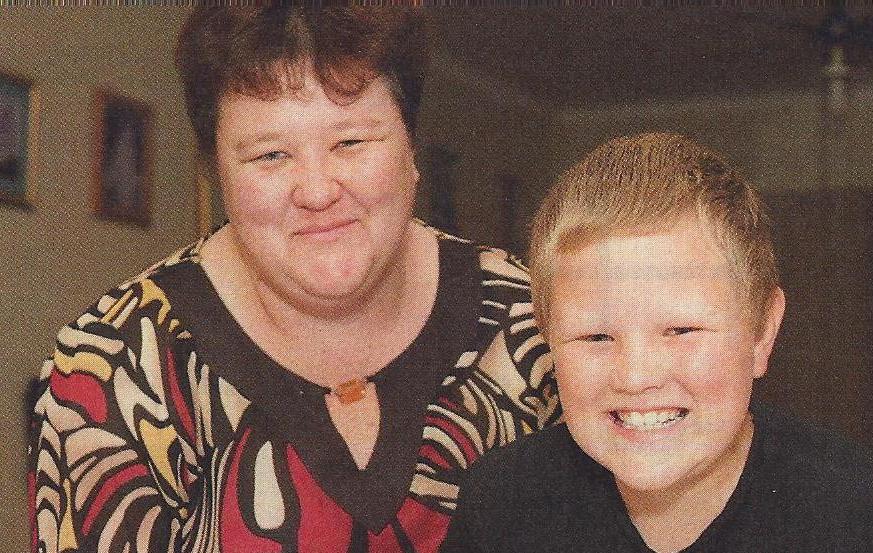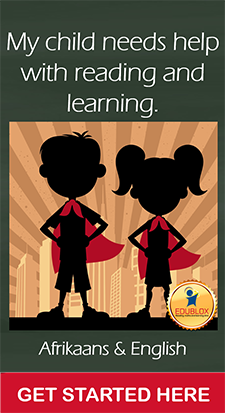Overcoming Dyslexia
Most problems can only be solved if one knows what causes the problem. A disease such as scurvy claimed the lives of thousands of seamen during long sea voyages. The disease was cured fairly quickly once the cause was discovered, viz. a Vitamin C deficiency. A viable point of departure would therefore be to ask the question, "What is the cause of dyslexia?"
Read MoreAbout Reading Difficulties and Dyslexia
“Your child is dyslexic.” A parent’s worst nightmare may be to hear these words. A severe reading problem may be described as dyslexia, however what’s more important is knowing how these problems can be solved and that there is hope.
Read MoreThe Dyslexia Debate
There is much debate around dyslexia and whether it is life-long condition that must be diagnosed or a meaningless description used for personal gain that should be discontinued. With these two very extreme views on dyslexia, concerned parents may wonder what to do for their child who struggles to read and write.
Read MoreRadio Interview on SAfm: Dyslexia
A discussion on dyslexia with Susan du Plessis, Owner and Director of Educational Programmes at Edublox, and Shirley Lindecke, whose son Ryan succeeded with Edublox.
Read MoreRadio Interview: Dyslexia
The word dyslexia means difficulty with words or language, and is frequently used to refer to a child — or adult — who seems much brighter than what his reading and written work suggest. In our age of verbal and written communication, linguistic difficulties are not easy to cope with.
Read MoreRadio Interview, 702 Talk Radio: Is Dyslexia a Myth?
There is much debate around dyslexia and whether it is life-long condition that must be diagnosed or a meaningless description used for personal gain that should be discontinued. Talk Radio 702 presenter John Robbie talks to Susan du Plessis about the debate.
Read MoreTV Programme, Sifun’Ukwazi Talk Show: Dyslexia
The language is Zulu; the topic is dyslexia, a word meaning “difficulty with words or language” and frequently used to refer to a child — or adult — who seems much brighter than what his reading and written work suggest.
Read MoreDyslexic Readers Have Disrupted Network Connections in the Brain
A new study in Biological Psychiatry maps the circuitry of dyslexia. Compared to typical readers, dyslexic readers had weaker connections between areas that process visual information and areas that control attention, suggesting that individuals with dyslexia are less able to focus on printed words.
Read MoreHow to Help a Child with Dyslexia
“Dyslexia isn’t a disability but rather an inability related to the skills affecting reading and spelling,” says Susan du Plessis of Edublox. Skills such as concentration and the ability to interpret what you see, upon which reading and spelling are built, aren’t properly developed.
Read MoreLiving with Dyslexia
One day after school Branden Brooks' mom told him to remove his lunchbox from his schoolbag, put his shoes away and drop his clothes in the washing basket. About 10 minutes later she popped into his room, only to see him on sitting on his bed - still in his school uniform...
Read More


